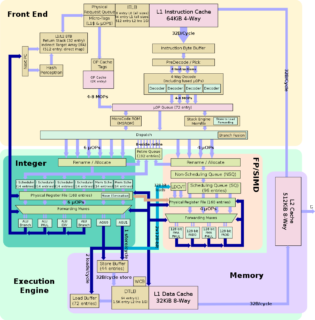A Look Back at Georgia Tech’s Master’s in Computer Science
I’m still getting back into the hang of writing for fun after the last few semesters at Georgia Tech wrung me dry with paper after paper painstakingly filled with Matplotlib charts and LaTeX. The first two semesters were more of a programmer’s dream of building FTP servers, implementing MapReduce with gRPC, diving deeply into architecture, and dipping my toe into artificial intelligence.
Once the rubber met the road and my brain turned toward the machine learning curriculum, all bets were off. ISYE 6420 (Bayesian Stats) served as a brutal reminder that my algebra and calculus were not up to snuff, requiring more than one weekend doing nothing but going through a Coursera course or two while making precious little progress against any homework. CS 6601 (Artificial Intelligence) provided some heady moments of implementing Tri A*-search and the Viterbi algorithm, but brought reality crashing down with a 50 page midterm and an equally long final. Meanwhile, CS 7641 (Machine Learning), pushed me further than I thought possible with 4 projects, each requiring a rather large program to support a paper of 10-15 pages. And I’m still not recovered from CS 6476 (Computer Vision).
